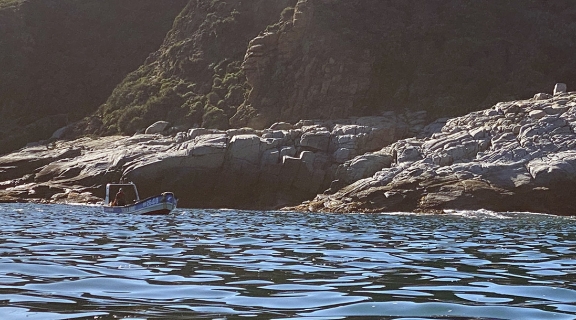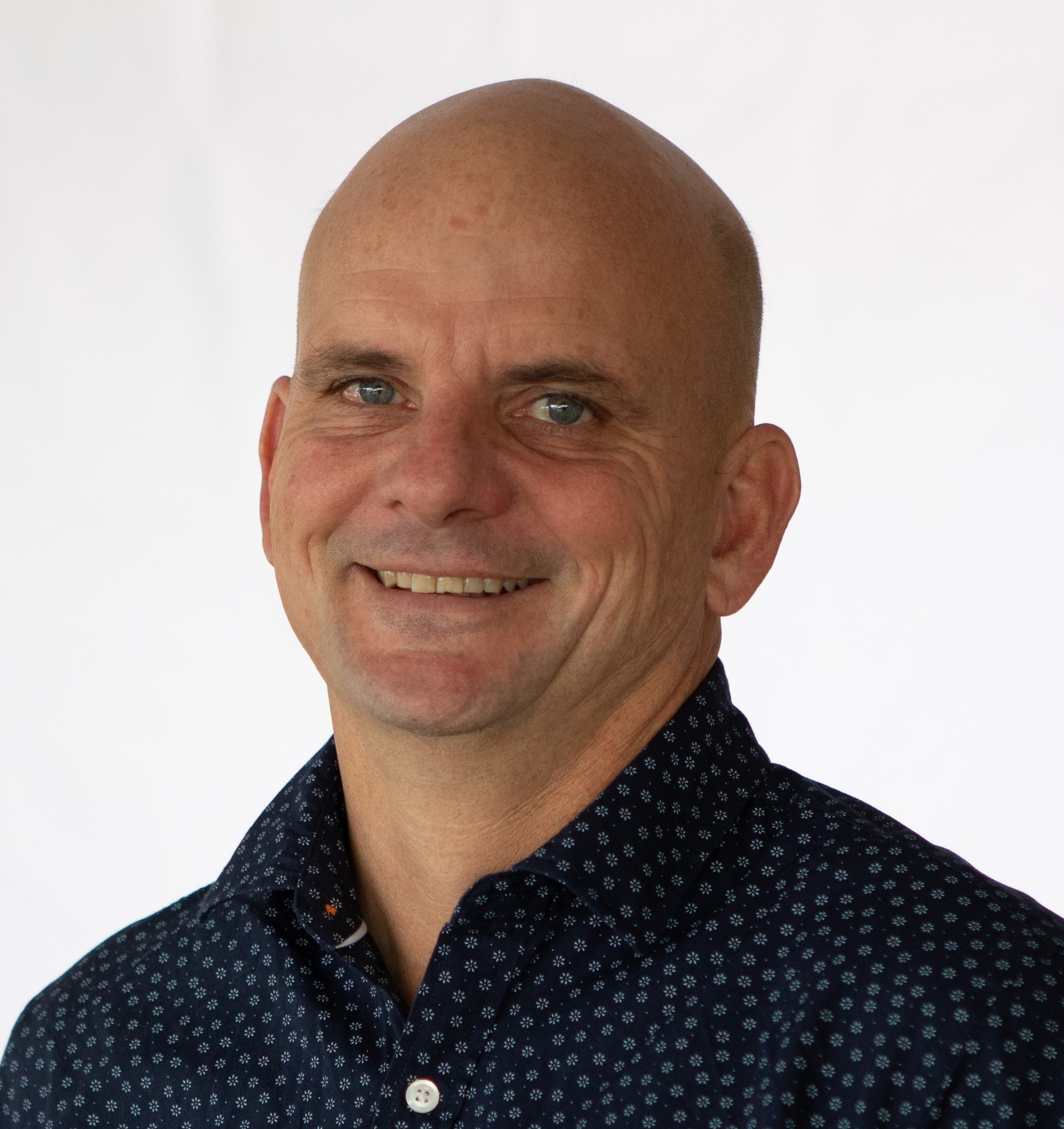
Rosenberg Institute Seminar Series - Postponed (Chris Wilcox)
Overview
New date TBA
Dr. Chris Wilcox, University of Tasmania, Australia and Wilco Analytics
Illegal fishing big and small, from an estimate across the Asia-Pacific region to Acoustics for monitoring destructive fishing and poaching in inshore waters
Illegal fishing is a challenging problem threatening global biodiversity, coastal livelihoods and food security. However, it remains poorly understood and very difficult to measure. By definition it is clandestine, and where it is detected and interdicted, records are often not public. There have been significant efforts to build technological systems that improve fisheries oversight and support efforts to detect and deter illegal fishing. However, the focus on location information means that these efforts by definition ignore the vast array of other types of illegality. I will describe a project that aimed to measure the amount of illegal fishing across the Asia Pacific region, including understanding the types of activities, volumes and values of landings, and progress in addressing illegality over a decade.
Turning from large scale estimates to fine scale local activities, I will describe a current body of work aimed at improving monitoring in coastal fisheries and supporting improved compliance with respect to marine protected areas. I will describe the technology, the underlying analytical approaches and software, and the information that can be obtained. We are currently exploring this technology in a recent application to monitoring coastal fishing in Chile, working with fishing communities to monitor a set of spatially managed fishery areas which include embedded protected areas. We are working to measure both use by community members and outsiders, in both authorized fishing area and embedded exclusion zones. The Chilean system is typical of many contexts critical to the 30 percent goal, where fishers agree to forego access to some of their traditional grounds in return for authority to managed surrounding areas and restrict access to non-members. As efforts to expand marine protected areas to encompass 30% of the world’s oceans expand, access to low cost monitoring and surveillance technologies appropriate for community conservation will be essential for success.
Bio: Over a 30-year career as a quantitative biologist, Dr. Chris Wilcox has worked with NGOs, philanthropic donors, government and private enterprise to develop cost effective solutions to natural resource management problems. His research has included biodiversity offsets, population estimation, analysis of satellite tracking data, optimization of invasive species eradication, management of fisheries, reserve design and management, understanding the impacts of plastic pollution, and control of illegal fishing.
Dr. Wilcox has published 174 scientific articles, and been cited over 23,000 times in the last 5 years. He has won the Australia’s national Eureka award for environmental science, been a finalist for the Gates Foundation’s Best Ideas in Innovative Finance, and won the Ocean Innovation Award for his fisheries surveillance technology work in 2022. He is currently working as an independent consultant, leading projects dealing with illegal fishing, fisheries management, and plastic pollution.
